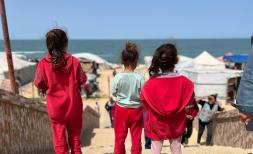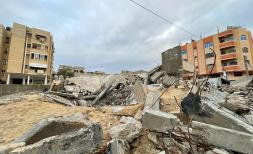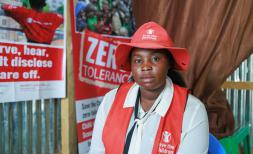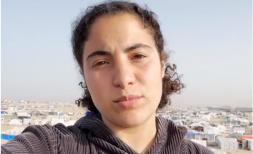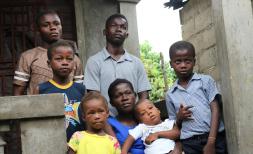Child recruitment in Colombia: fear in the river
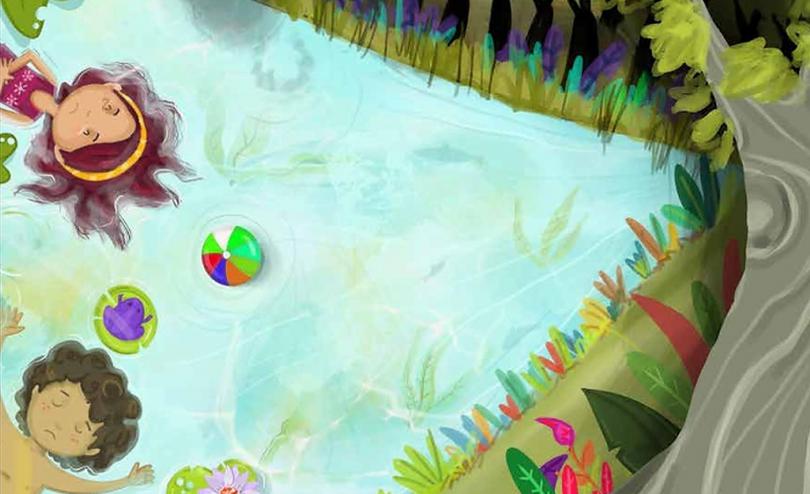
“When I go to the river I go to play, swim and dream (…) But when the bad guys arrive (armed people) it becomes dangerous, even more when the water rises (…) We run to our houses”, says Pedrito, an 8-year-old boy who lives in the Nariño region in Colombia.
This fear is not in vain. According to UNICEF thousands of children are recruited and used in armed conflicts across the world. Between 2005 and 2020, more than 93,000 children were verified as being recruited and used by warring parties. However, the number is believed to be much higher [1].
For those in Nariño and other regions of Colombia, this is their harsh reality. In 2021, Save the Children registered at least two cases of child recruitment every month in the regions of Norte de Santander, Nariño and Arauca. This follows the growing trend in cases registered by civil society organizations, which recorded an increase of 11% in the last year [2].
Nariño is one of the 30 departments of Colombia located in the Pacific Coast of the country. Is a natural paradise, with tropical rainforests, and is the home of wild animals, rivers and waterfalls. Children of Nariño very much enjoy playing in these paradisiac spots.
Unfortunately, on January of 2022, communities in Nariño and other departments like Arauca, Valle del Cauca and Cauca were affected by the rise of armed group violence. In Nariño they banned access to basic services affecting 18,000 people, including children. They also enforced the closure of commercial shops and schools, suspended river transport links, due to the rising fear of child recruitment.
Child soldiers are boys and girls who are forced to become involuntary combatants. Many of them are forced to fight in the front lines, whilst others are used to work as cooks, messengers, sex slaves and even as suicide bombers.
“Children in the surrounding areas have left their childhood, they don’t have the same appearance and they don’t behave like us… They come and go in motorcycles even with guns. They look older”, said Sofía, a 12-year-old girl also from Nariño.
In Colombia we have expressed, as an organization, our concern regarding this child right’s violation - “it is vitally important to create protective environments for children, in addition to strengthening existing ones, to prevent children and adolescents from being forced to become involved with armed actors and illegal activities”.
These children are exposed to grave levels of violence, as witnesses, direct victims and as forced participants. Some are injured and have to live with disabilities for the rest of their lives.
This is why on February 12th we joined the commemoration of World Red Hand Day to celebrate the entry into force of the Optional Protocol to the Convention on the Rights of the Child on the Involvement of Children in Armed Conflict (OPAC) [3].
For us, this protocol is a priority to improve children’s conditions, guarantee and re-establish the rights of children who have already been or may be victims of armed conflict.
“For me, the river symbolizes opportunities. I know it can be dangerous like when the bad guys appear (armed people), however, it is part of our country”, expressed María from Nariño.
As a humanitarian organization we are focussing our work in some of the most affected departments. Our work in Valle del Cauca, Nariño, Arauca and Norte de Santander has benefited 31,659 children and more than12,000 adults who have been affected by forced displacement, massacres, confinement, mobility restrictions and socio-emotional effects.
We are also aiming to raise children’s voices and share their stories, so that people around the world understand their needs, their fears which is essential to better address our work in the communities affected by this type of war crime.
We have produced a story-book “Once upon a time: a story for everybody”, that compiles voices of children (in Spanish) sharing their experiences of living in areas of e armed conflict in Colombia.
However, there is still a lot of work to do. Colombian rivers and its must be places for children to dream, play and make friends in, and not ones to fear.
[1] https://www.unicef.org/protection/children-recruited-by-armed-forces
